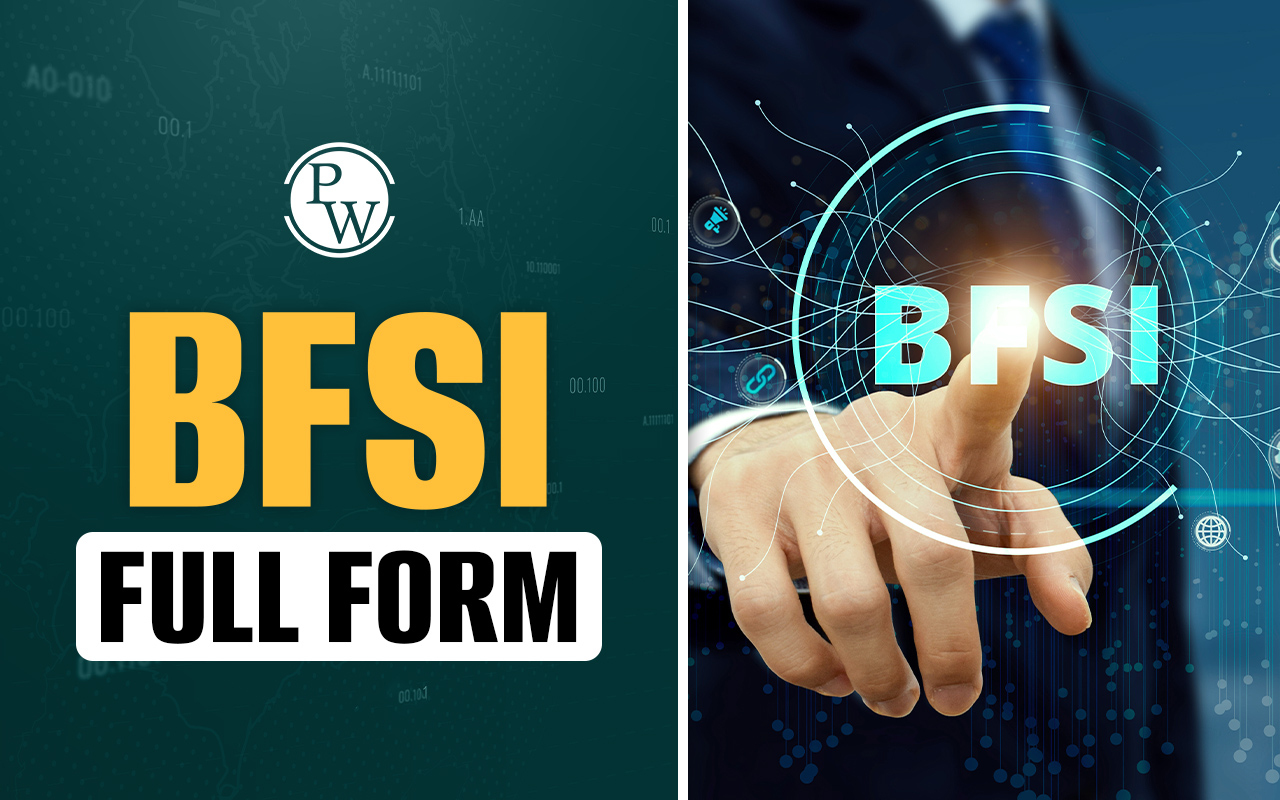
Cost Management Accounting courses in 2025 are gaining popularity due to their relevance in helping businesses control costs and improve profits. These courses teach important concepts like cost analysis, budgeting, and decision-making skills useful for finance-related roles. With industries focusing more on efficient resource use, the demand for cost management professionals is rising rapidly. This article covers the course fees, syllabus, career options, and salary prospects to help aspirants make informed choices for a successful career in this field.
What is Cost and Management Accounting?
Cost and Management Accounting is a combined field that helps businesses manage costs and make better financial decisions. Cost Accounting focuses on tracking, analyzing, and controlling production and operational costs using methods like standard costing, marginal costing, and activity-based costing. Management Accounting uses both financial and non-financial data for budgeting, forecasting, and strategic planning, mainly for internal decision-making. Together, they improve cost efficiency, support business planning, and help increase profitability.
Cost Management Accounting Course in India
Cost Management Accounting (CMA) course in India is a professional program that focuses on cost control, budgeting, and financial decision-making. It is designed to train students in areas like cost analysis, performance evaluation, and strategic planning for better business management. This course helps build careers in management accounting, financial analysis, and corporate finance across industries.
The CMA India course is offered by the Institute of Cost Accountants of India (ICMAI), a statutory body recognized by the Indian government. ICMAI is the only authorized body in India that awards the CMA designation, which is different from the CMA USA course offered by the Institute of Management Accountants (IMA) in the United States.
Both CMA India and CMA USA focus on management accounting, but the CMA India course is structured for Indian laws, taxation, and corporate practices.
Cost Management Accounting Course Structure
CMA in India is divided into three levels, each with its own set of eligibility and key areas to study:
|
Cost Management Accounting Course Structure |
||
|
Level |
Eligibility |
Key Subjects |
|
Foundation |
Passed 10+2 or equivalent |
Fundamentals of Accounting, Economics, Business Laws, Ethics, Business Mathematics |
|
Intermediate |
Passed Foundation or Graduation (except Fine Arts) |
Financial Accounting, Cost Accounting, Taxation, Strategic Management |
|
Final |
Passed Intermediate + 15 months practical training |
Strategic Cost Management, Corporate Laws, Business Valuation, Tax Laws |
Eligibility Criteria for Cost Management Accounting Course
Before enrolling in a Cost Management Accounting course, candidates must meet certain eligibility criteria to ensure readiness for the program. Generally, a candidate should have completed 12th standard or equivalent from a recognized board. Some advanced certifications may require graduation in commerce, finance, or related fields. Basic knowledge of accounting and mathematics is usually preferred. Meeting these requirements helps students grasp the concepts effectively and succeed in the course.
-
Completion of 12th standard or equivalent from a recognized educational board.
-
Graduation required for some advanced levels and professional certifications.
-
Basic understanding of accounting principles and mathematics is advantageous.
-
Good communication and analytical skills help in better learning.
-
Age criteria may vary depending on the institute or certification body.
Cost Management Accounting Course Fees
In India, the cost of Cost Management Accounting (CMA) courses typically involves registration and examination fees at each level: the Foundation level, the Intermediate level, and the Final level. The total price to complete the CMA course typically varies between 50,000 to 70,000 Indian rupees depending on supplementary costs such as practical training, study resources and optional coaching. The official ICMAI site is the place where the most recent and precise information about the fees can be found, or the authorized centers may be contacted.
Cost Management Accounting Course Syllabus
Cost Management Accounting course syllabus in India is divided into three levels: Foundation, Intermediate, and Final. Each level includes important subjects that help students build expertise in accounting, cost management, taxation, business law, and strategic planning.
|
Cost Management Accounting Course Syllabus |
|
|
Level |
Main Subjects Covered |
|
Foundation |
Business Laws, Financial and Cost Accounting, Business Mathematics, Economics, Management |
|
Intermediate |
Financial Accounting, Cost Accounting, Direct and Indirect Taxation, Laws, Strategic Management |
|
Final |
Corporate Laws, Strategic Cost Management, Audit, Taxation, Business Valuation, Reporting |
This syllabus is designed to develop strong skills in cost control, financial analysis, and corporate decision-making, preparing learners for key roles in finance, management accounting, and business strategy.
Job Roles for Cost Management Accountants in India
Cost Management Accounting (CMA) course opens up a wide range of job opportunities in both the private and public sectors. This qualification builds expertise in cost control, financial analysis, budgeting, taxation, and business strategy, making it highly valuable across industries.
After completing the CMA course, candidates can work in roles such as:
-
Cost Accountant
-
Management Accountant
-
Financial Analyst
-
Internal Auditor
-
Finance Manager
-
Budget Analyst
-
Chief Financial Officer (CFO)
These professionals are in demand in sectors like manufacturing, FMCG, banking, consulting, IT services, construction, and government organizations. CMAs are also eligible for positions in Public Sector Undertakings (PSUs) and regulatory bodies like RBI, SEBI, and CAG, as well as for GST and cost audits under Indian law.
Career Growth Opportunities in Cost Management Accounting
Cost Management Accounting offers promising career growth due to the increasing focus on cost control and financial efficiency in businesses. Professionals can start as junior cost accountants or analysts and progress to senior roles such as cost controller, finance manager, or CFO. With experience and further certifications, one can move into strategic planning, budgeting, and consultancy roles. The demand for skilled cost accountants is growing across industries like manufacturing, IT, finance, and retail, providing excellent job security and advancement prospects.
-
Entry-level roles like cost accountant, cost analyst, and financial planner.
-
Mid-level positions such as cost controller, budget analyst, and finance manager.
-
Senior roles including finance director, CFO, and cost management consultant.
-
Opportunities to work in diverse industries like manufacturing, banking, and services.
-
Scope for specialization through advanced certifications and continual learning.
Cost Management Accountant in India Salary
The salary of Cost Management Accountants in India varies based on the job role, experience, and industry sector. Below is a role-wise salary overview highlighting common positions after completing the CMA course.
|
Average Salary of Cost Management Accountants in India (Role-wise) |
|
|
Job Role |
Estimated Annual Salary (₹) |
|
Cost Accountant |
₹4.5 – ₹8 LPA |
|
Financial Analyst |
₹5 – ₹7 LPA |
|
Management Accountant |
₹6 – ₹10 LPA |
|
Internal Auditor |
₹6 – ₹9 LPA |
|
Finance Manager |
₹10 – ₹15 LPA |
|
Senior Finance Manager |
₹18 – ₹25 LPA |
|
Chief Financial Officer |
₹30 LPA and above |
Cost Management Accounting vs Financial Accounting: Key Differences
Cost Management Accounting and Financial Accounting serve different purposes in business finance. While cost management focuses on tracking and controlling costs internally, financial accounting deals with recording and reporting overall financial performance for external users. The following table highlights the main differences between these two important branches of accounting.
|
Cost Management Accounting vs Financial Accounting |
||
|---|---|---|
|
Aspect |
Cost Management Accounting |
Financial Accounting |
|
Purpose |
To analyze and control costs for internal decision-making |
To report financial performance to external parties |
|
Users |
Internal management |
Investors, creditors, regulators, and shareholders |
|
Standards |
No strict external standards; management-oriented |
Must comply with GAAP, IFRS, and statutory regulations |
|
Report Frequency |
As needed, often monthly or quarterly |
Periodic—usually quarterly or annually |
|
Data Focus |
Detailed cost data, including direct and indirect costs |
Summary of all financial transactions |
|
Objective |
Cost control, planning, and budgeting |
Accurate financial statements and compliance |
|
Time Orientation |
Both historical and future-oriented data |
Primarily historical data |
Cost Management Accounting Course FAQs
What is a Cost and Management Accounting course?
How many years is a CMA course?
What is the CMA salary?
Is CMA a tough course?







